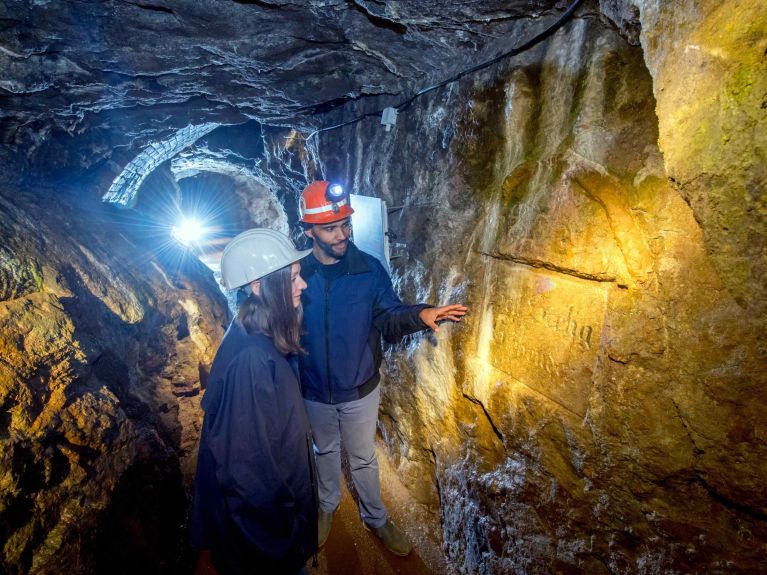Raw materials cooperation: “added value for both sides”
Political scientist Melanie Müller talks about Germany’s international raw materials cooperation agreements, the particular approach followed by Europe and the opportunities of industrial development.

Dr Müller, you are responsible at the German Institute for International and Security Affairs (SWP) for the research project “International Raw Material Cooperation for Sustainable and Resilient Supply Chains”. How can cooperation genuinely bring about such a positive development?
One of Germany’s aims in cooperating with partner countries is to become less dependent on individual major raw materials suppliers - particularly China - in order to guarantee supply security in the face of geopolitical conflicts. At the same time, raw materials cooperation agreements are not supposed to be entered into solely to serve one’s own supply interests. They are most likely to be successful long-term if both sides benefit from economic development and added value.

What can Germany offer its partners?
On my research trips to countries with rich raw materials reserves I regularly encounter great interest in Germany’s dual vocational training model. Take South Africa, for instance: youth unemployment is high there, yet the country also has large numbers of well qualified young people. They need to get practical professional experience as quickly as possible - the dual training programmes offered by German firms in South Africa can help them achieve this. Germany also has valuable experience to offer when it comes to developing technologies for energy efficiency or raw materials exploration, for example.
The local population needs to derive concrete benefits from the added value generated by raw materials cooperation.
What international opportunities do Germany and the European Union have as raw materials partners?
Germany and the EU may not be particularly quick at initiating raw materials partnerships, but they are often more thorough than other actors. This is important because such cooperation agreements increasingly aim to take into account the interests of the population in regions rich in resources. The local population needs to derive concrete benefits from the added value. That’s why it is right for the German government to set goals such as modernising the partner country’s industry or to support the partner country in implementing sustainability standards.


